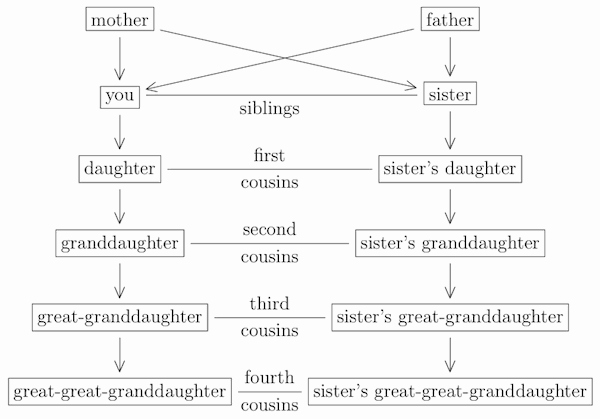The main reason, of course, is that our ancestors are too cursedly various to be mass-researched. So we’re doomed/blessed by our raw material to remain a cottage industry.
But there are other reasons as well. Here’s a cautionary tale. A few years back, an Irish professional genealogical research outfit (Who Shall Remain Nameless) wanted to expand their market by carrying out research on their customer base. This was before the plague of online customer-satisfaction surveys.
 To gauge the level of satisfaction with their services, and come up with ways of improving them, they commissioned an analysis of recent US customers. The survey was to be carried out by a third party, without the customers knowing who had commissioned it. The first stage of the process was the simple question “Have you ever paid for someone to research your ancestors?” Without exception, every single respondent, all of whom, remember, were recent clients of this research group, answered “No.” The survey had to be abandoned.
To gauge the level of satisfaction with their services, and come up with ways of improving them, they commissioned an analysis of recent US customers. The survey was to be carried out by a third party, without the customers knowing who had commissioned it. The first stage of the process was the simple question “Have you ever paid for someone to research your ancestors?” Without exception, every single respondent, all of whom, remember, were recent clients of this research group, answered “No.” The survey had to be abandoned.
Both the survey company and the Irish researchers were perplexed. But this was not large-scale forgetfulness or dishonesty. The reason for the outcome was, I think, a basic mismatch between the perceptions of the professional researchers and their customers. In the researchers’ minds, they were providing a professional service researching people’s ancestors, analogous to an accountant doing someone’s accounts or an architect designing someone’s home. The customers, on the other hand, thought of themselves as researching their own ancestors, with help purchased only whenever necessary. Nobody was doing it for them.
In the context of Irish officialdom’s recently-acquired enthusiasm for genealogy (with one eye on the immense economic potential for the country of those with Irish ancestry), it is important to keep this in mind. God knows the growing official support for Irish genealogy in all its guises is more than welcome. But people research their own ancestors. All professionals (or tourism bodies, or repositories, or research websites) can do is help them.
Or at least not get in the way.